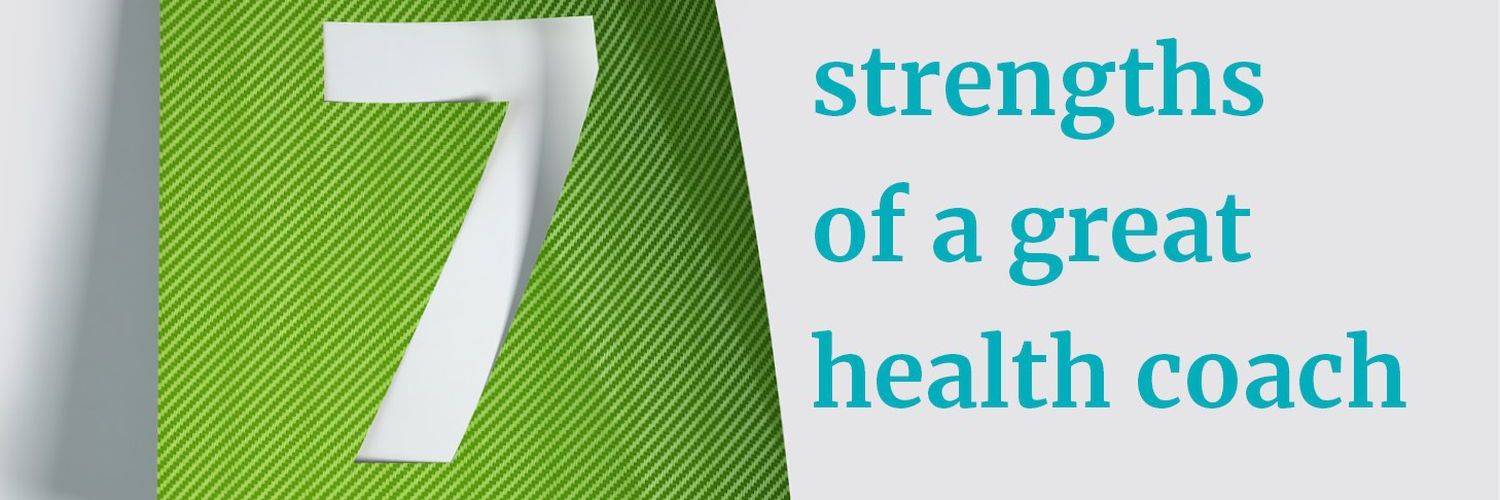Seven Strengths of a Great Health Coach

When many people picture a coach, they picture a musclebound guy towering over them screaming “do more reps!” at the top of his lungs.
That’s definitely not one of OUR coaches!
A health and wellness coach is a great resource to help you get on the right path — as long as they’ve got the right skills, experiences, and insights.
As we developed our process for uniquely matching clients and health coaches, we identified seven characteristics of a top-notch health coach.
Here’s what you should look for:
Is she nationally-certified? Anyone can call themselves a health coach. To make sure you get a top-notch one, look for national certifications like Duke Integrative Medicine, ACSM Wellcoaches, ACE, the Institute for Integrative Nutrition (IIN). Registered dietitians are licensed at the state level, and they’re an equally good option. We insist on national certifications for all of our coaches.
Is he a good listener? A good health coach will spend more time listening and taking notes than telling you what to do. Expect more questions, and fewer opinions! When he does talk, it will be about your objectives and not just how to achieve them, but why they matter to you.
Does she have relevant experience? You want a coach who’s truly learned her craft — whose counsel is informed by extensive experience with clients who have challenges and goals similar to yours.
Does he work with your goals – or hers? A health coach who starts with preconceptions about you, your health status, your motivations and your goals probably isn’t the best choice. If your coach can’t see you as an individual with unique requirements, it will just frustrate you both.
How does she define health? Sustainable health gains start with your state of mind. If your coach defines health as a target weight, waist size, number of steps walked, or calories consumed, ask yourself if that’s truly a meaningful goal for you. If it isn’t, then it’s somebody else’s numbers.
How does he view your data? A good coach should see your health data — weight, food you eat, how you’re feeling — as neutral information. They should never view your health data as the basis for punishment or judgment. It’s just data. If your health coach criticizes your numbers… time to change coaches and lose the negativity.
How does she define progress? Progress toward your health goals should be measured in days and moments, in little celebrations of good choices, not raw pounds lost or number of days without a milkshake. Your health progress milestones should be things you can make progress on every day, that inspire you and reinforce positive feelings about your health and vitality.